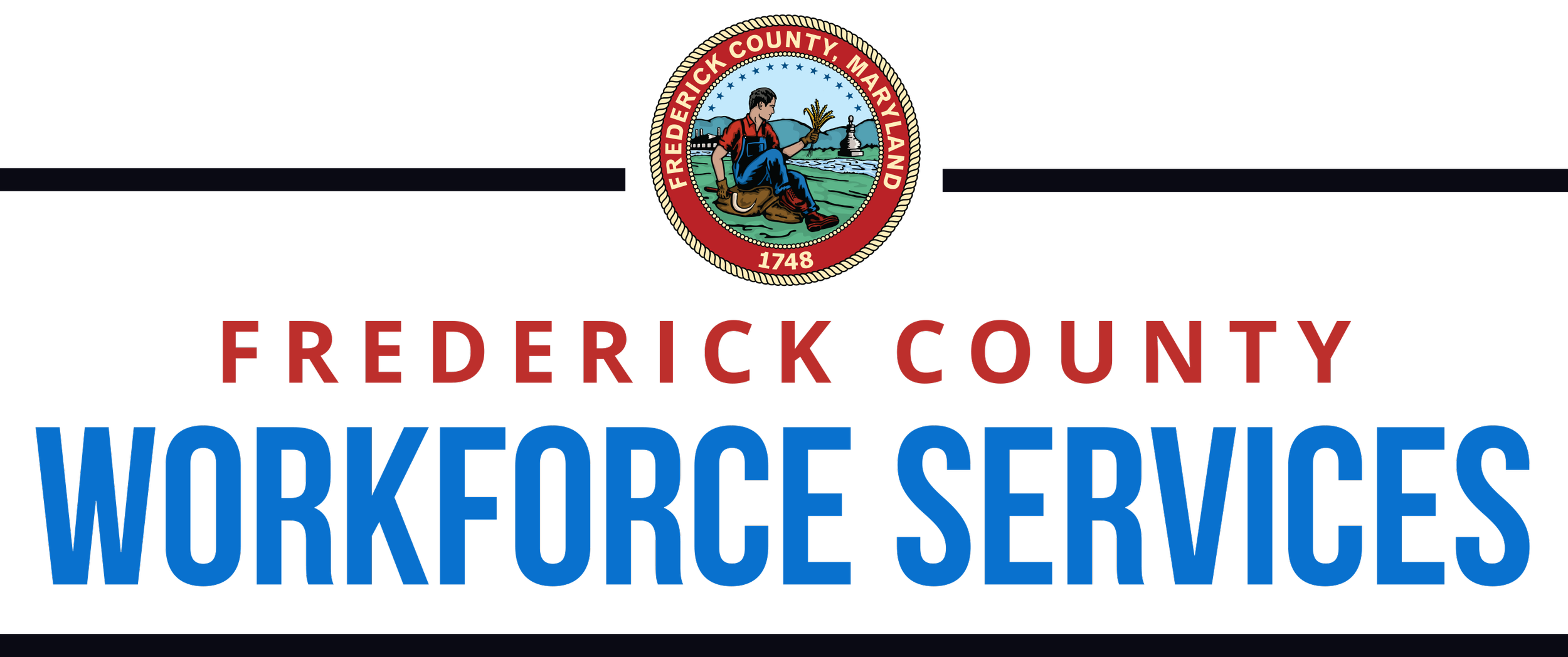Advice from The Millennial Whisperer
Have you ever thought to yourself, “Hey, I think like a millennial on that subject?” Well many people of all ages do think like a millennial - and this leads to the question: Does the term millennial refer to a generation of individuals, or a mindset of individuals?
Below is an excerpt of an interview with Chris Tuff, author of The Millennial Whisperer.
Everybody loves to hate on millennials.
One of my favorite quotes is “Millennials are not the problem, they just expose the problem.”
Do millennials have different learning preferences than other generations? How do they prefer to learn?
I think that the way people in this generation are learning is by doing, seeing and feeling. Instead of teaching theories, we need to immediately ground those in tactics.
Can you talk a bit about how to design career track options that motivate millennials?
There needs to be a lot more of an open-ended career track for millennials. “I instill in them what our organizational purposes are and then I work with them on their individual purposes and then what their current day to day is so we can map out a plan to start moving them in a direction that is closer to where their true passions lie.”
For many companies and employers, the difficult task is not in hiring millennials but keeping them around once hired.
I think loyalty is created through real, genuine relationships. I think it’s through that foundation of creating a real relationship that the other, more organizational-focused goals will follow.
Are any stereotypes about millennials in the workplace true?
It’s important to understand that millennials, especially younger millennials, they’ve grown up in a different world and they are used to instant gratification. They are needy because they need to be fueled. It’s not their fault they are needy — it’s both their parents’ fault and our fault.
Take a moment and enjoy the full article here, to see how your organization can make a difference with embracing this “largest generation in the world.”
